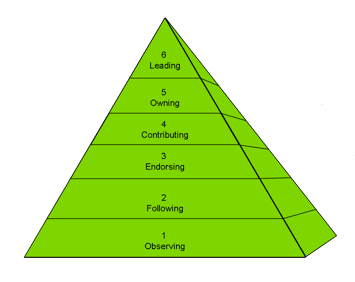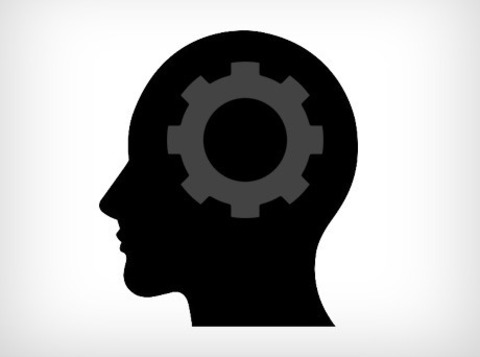Do we talk to other people about what we’re doing? About what they’re doing? Do we ask why we do what we do..buy what we buy, bank who we bank with..eat what we eat..send our kids to the schools that we send them to, fund the wars that kill for goals we support? Do we not only talk, but do we listen to what they’re saying…and even more importantly, think about what they really mean?
Are we trying to be members of a community, or do we see everyone as doing their own thing, a zero sum game, as passengers on a ship out of our control? Or do we see ourselves as part of it, as responsible for it, unafraid of facing the problems of our society?
Why we don’t do these things is addressed by Meslin. He says: “As long as we believe that people, our own neighbors, are selfish, stupid or lazy, then there’s no hope.” We must recognize this, because it is the collective that is going to change things. And once we accept this, we must have a conversation.
Politics isn’t a bad word unless you’re using it to win an argument, or give yourself an identity. Politics, in fact, is probably the most important thing to talk about right now. Not partisanship…but politics. There’s only one thing more important, and that’s figuring out that you belong in the conversation because you’re not an island onto yourself. That’s what Obama meant, but couldn’t really express.
We’re not different than anyone else, regardless of what they’re doing out there. The guy between jobs, the CEO, or the small businessperson. We have the opportunity to decide because people believed so much in the idea that we’re all equal, that they were willing to die for a system that could give us the power to decide…and it DID give ALL OF US the power to decide. And we must decide, or else the institutions, corporate and government, they will do it for us. And I think these institutions have gotten too big to handle our needs. It’s up to us to start this conversation.
Now, it’s up to us.


